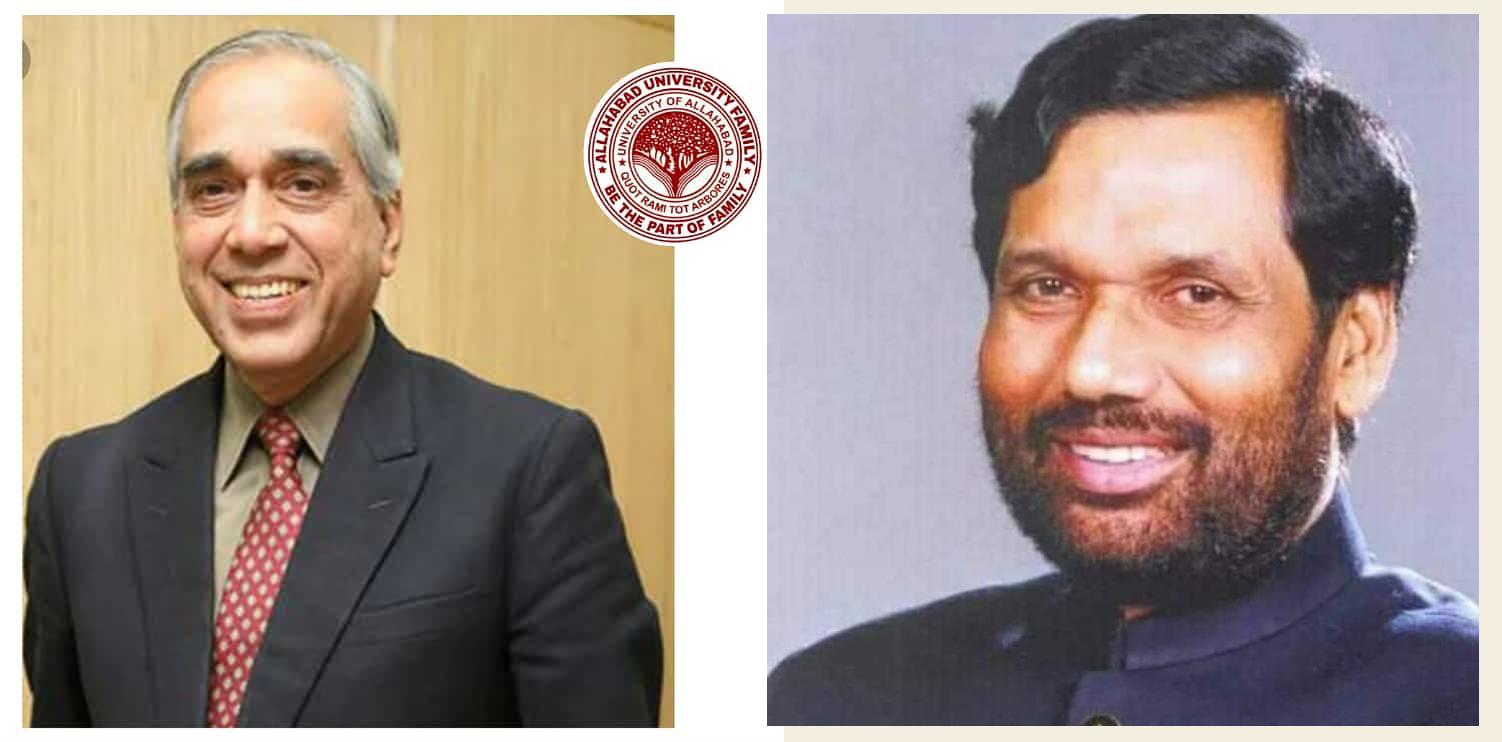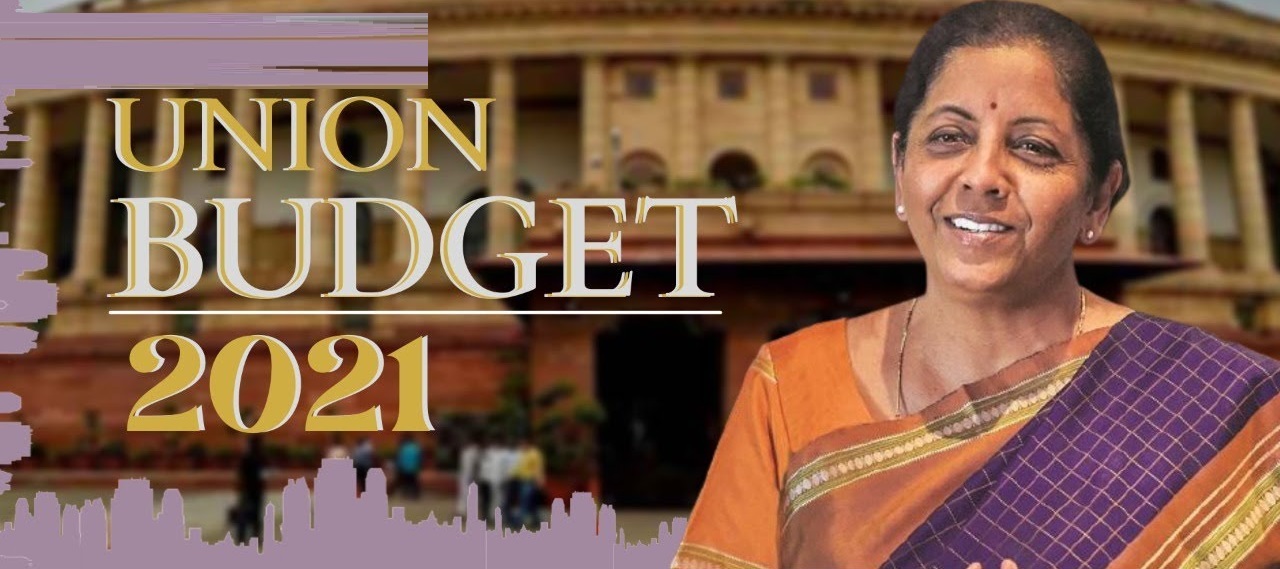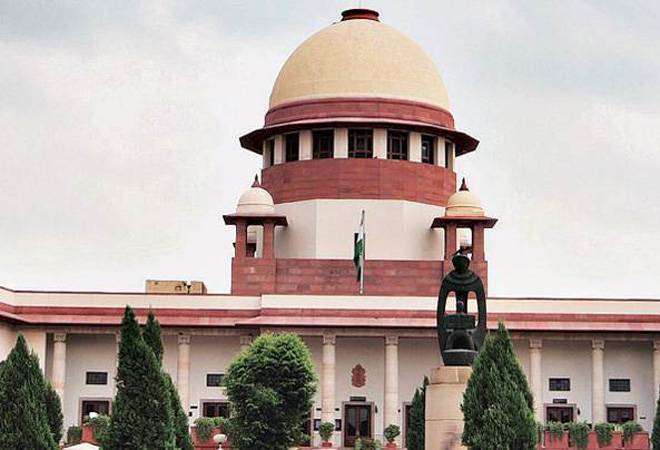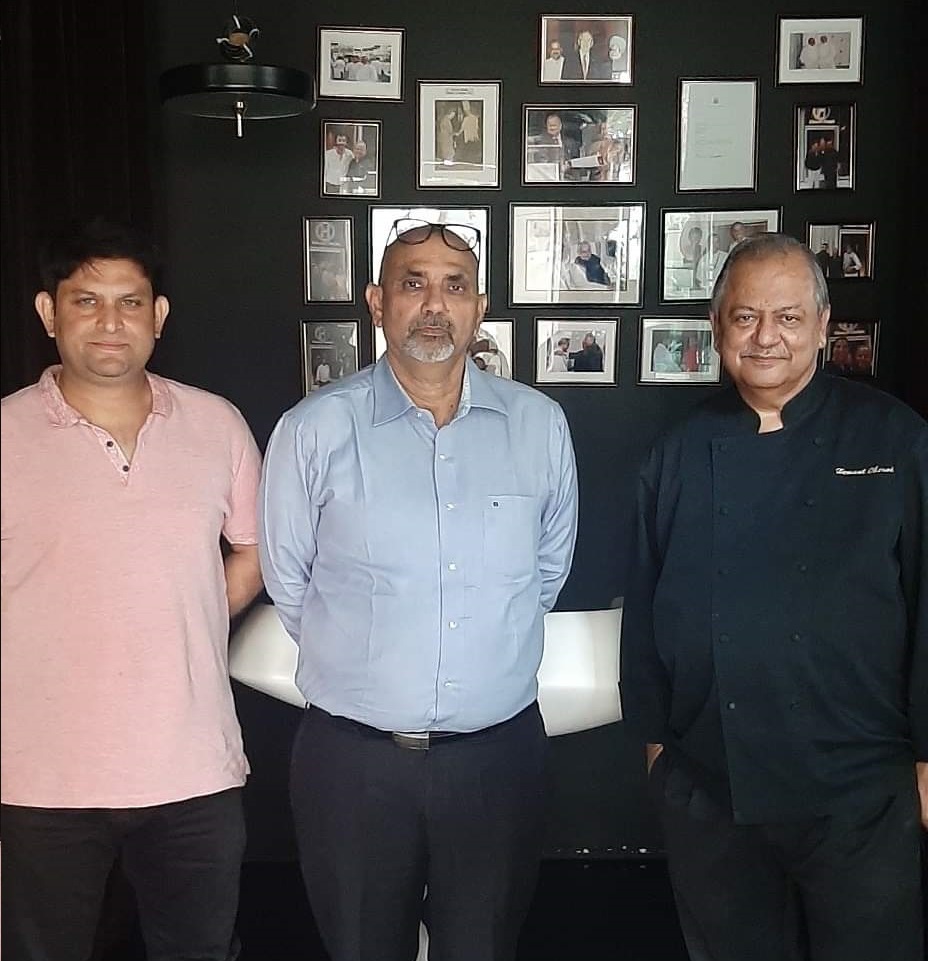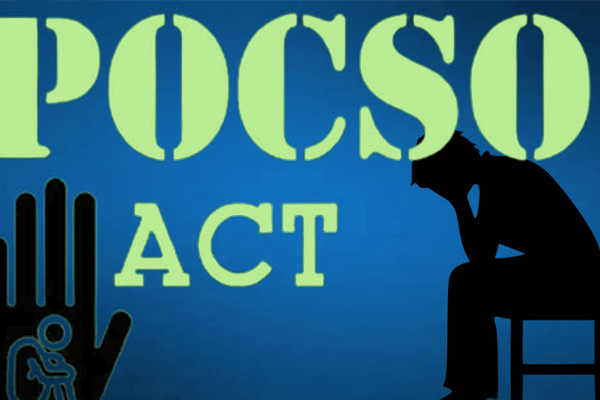
Can a minor be prosecuted for perjury for a false rape claim under the POCSO Act ?
The issue before the court was a little girl who claimed she was instructed to "make additions" to a police report since the accused would not be taken into custody for a "simple case of slapping."
According to the Protection of Children from Sexual Offences Act (POCSO Act), a minor (those under the age of 18) cannot be penalized for the crime of perjury for filing a false allegation of sexual assault or rape.
This was recently decided by the Jammu and Kashmir and Ladakh High Court.
According to Justice Rajnesh Oswal, a kid can not be punished for providing false information regarding a rape or sexual assault case, as stated in POCSO Act Section 22(2).
It is stipulated in this clause that a youngster who makes a false complaint or gives false information can not be punished.
"A perusal of the Section 22(2) of the Protection of Children from Sexual Offences Act would reveal that if a false complaint has been made or false information has been provided by a child, no punishment shall be imposed upon such child," the Court ruled.
In 2020, while on her way back to her village, a 17-year-old girl (name withheld) claimed that she was sexually attacked by the accused after being taken into a jungle. This matter was before the court.
The Indian Penal Code's Sections 376 (rape) and 341 (wrongful restraint), in addition to Section 4 (penetrative sexual assault) of the POCSO Act, were used to bring legal action against the accused male.
The prosecutrix, a 17-year-old complainant, and her parents refused to back the prosecution's case and were labeled hostile witnesses, which caused the case against the accused to collapse during the trial
Notably, the prosecutrix admitted three times in her main cross-examination (during the trial) that the accused had slapped her, but she denied ever being the victim of a sexual assault at the hands of the accused.
Instead, she said that a person "sitting outside the police station" wrote the police complaint and urged her to "make certain additions" because the accused would not be arrested for a "simple case of slapping."
In 2021, the accused was found not guilty. Nevertheless, the plaintiff or her parents were not charged with perjury by the trial court for providing false information.
The Jammu and Kashmiri administration contested this in front of the High Court.
However, the government's appeal was rejected by the High Court due to Section 22 (2) of the POCSO Act.
"In this instance, the prosecutrix was acknowledged to be 17 years old, making her a minor child. As a result, only the accused was charged with committing an offense in accordance with Section 4 of the POCSO Act. In a ruling on December 22, the Court held that since the special Act forbids punishing children for providing false information, the youngster cannot be tried for committing the crime of perjury.
The complainant said, under cross-examination throughout the trial, that she was unaware that there had been a rape in this case. This was also noted by the court.
"She was minor when her statement was recorded by the Police and she has given the justification for making the statement before the Court in respect of slapping only because the person who had drafted her application for registration of FIR told her to make additions, as the Police could not arrest the accused in case of allegations of slapping only," the High Court stated.
The complainant's mother had only recounted what her daughter had told her, the court further observed. The High Court concluded that the mother could not have provided incorrect information.
Throughout the investigation, the father remained silent. The High Court concluded that he could not be held accountable because there was never a situation in which he would have had to make a contradicting statement.
Moreover, it must be proven that a witness made the (false) statement on purpose and knowingly in order to prosecute and punish him for the crime of perjury. In this particular case, the High Court found that there is no more material in the file that might prove the witnesses purposefully gave false testimony in front of the trial court that contradicted their comments made during the investigation before the learned magistrate.
As a result, the High Court denied the appeal.
Your free access to Supreme Law News has expired
For further details contact:
Dr. Ajay Kummar Pandey
( LLM, MBA, (UK), PhD, AIMA, AFAI, PHD Chamber, ICTC, PCI, FCC, DFC, PPL, MNP, BNI, ICJ (UK), WP, (UK), MLE, Harvard Square, London, CT, Blair Singer Institute, (USA), Dip. in International Crime, Leiden University, the Netherlands )
Advocate & Consultant Supreme Court of India, High Courts & Tribunals.
Delhi, Mumbai & Dubai
Tel: M- 91- 9818320572. Email: editor.kumar@gmail.com
Website:
www.supremelawnews.com
www.ajaykr.com, www.4Csupremelawint.com
Facebook: /4Clawfirm, /legalajay Linkedin: /ajaykumarpandey1 Twitter: /editorkumar / YouTube: c/4cSupremeLaw Insta: /editor.kumarg
Telegram Channel
Whatsup Channel




